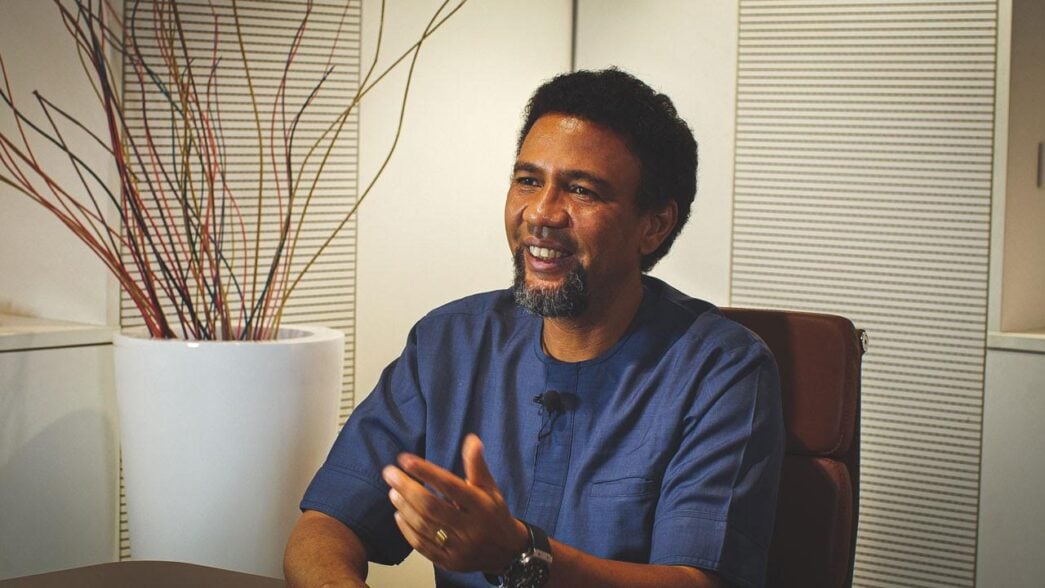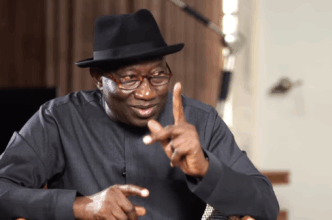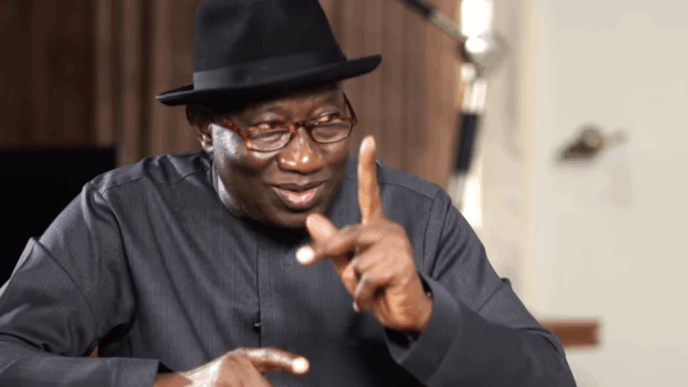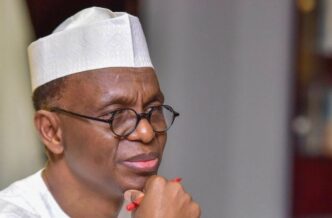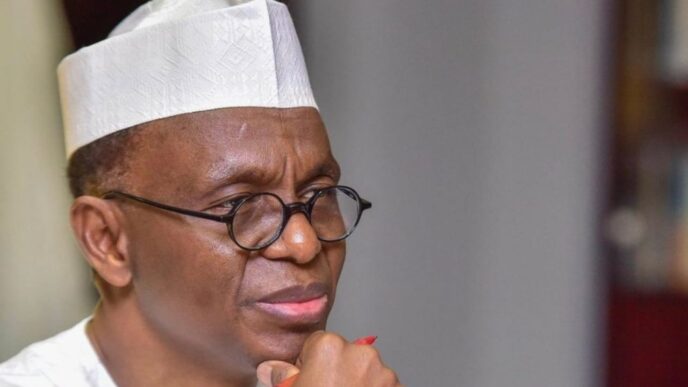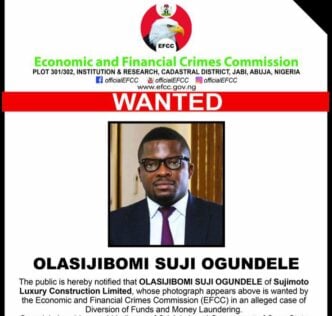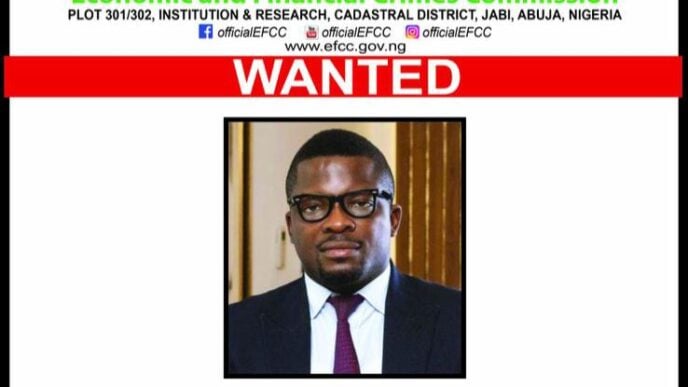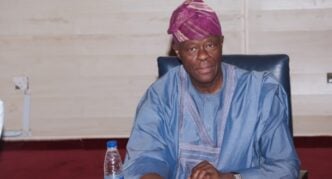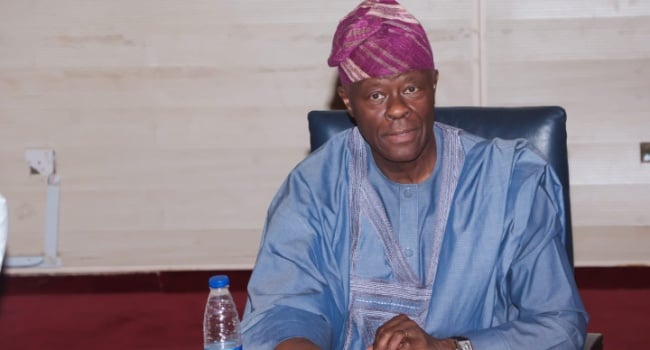Karl Toriola, the chief executive officer (CEO) of MTN Nigeria, says the company will invest about N1 trillion to improve network quality and expand service capacity across the country in 2025.
Speaking to journalists on Thursday about the state of the industry, Toriola said the spending reflects MTN’s commitment to enhancing customer experience despite facing severe macroeconomic headwinds last year.
According to the MTN boss, the telco tracks quality of service daily using independent benchmarks such as crowdsourced speed tests, Facebook analytics, and third-party reports.
He said the indicators show gradual improvement across states, even though public perception may remain sceptical.
Advertisement
Toriola added that Nigerians typically use multiple SIMs for redundancy, but over time, “wallet share” tends to shift to the provider with better quality.
“When quality of service improves, nobody notices — but when it drops, everyone does,” Toriola said.
“In the course of 2025, we are investing about a trillion naira in capital expenditure to improve quality of service. Independent benchmarks like speed tests and crowdsourced data confirm the progress, even if the public may not always feel it.
Advertisement
“We outspent our competitor nine to one on capacity and quality, and over time, customers naturally migrate more of their spend to the better provider.
“The NCC asks every month, what’s the status? How many upgrades have you done to your body? How many transmission upgrades have you done? We’ll never reach perfection, but the improvements are real, and we remain committed.”
‘NIGERIA’S TELECOMS SECTOR NEEDS STABLE POLICIES, CAPITAL INFLOWS TO SURVIVE’
Speaking further on challenges faced from last year, Toriola said the telecoms sector requires heavy capital inflows to sustain growth, citing investments in fibre rollout, data centres, and network expansion as examples.
Advertisement
“In 2024, we were making a loss and cash-flow negative. We had to borrow to keep the lights on as the naira moved from N450 (per dollar) to N1,600 (per dollar). Our costs went up fourfold, yet we were unable to adjust tariffs until early 2025,” he said.
Toriola added that for Nigeria to remain attractive to investors, operators must be allowed to pass on some inflationary costs to customers.
Despite the improvements, Toriola emphasised the need for a stable regulatory environment, clear rules, and unhindered access to foreign exchange for operators to continue making returns.
He said Nigeria must continue to attract billions of dollars in investment to expand digital infrastructure, including fibre rollout and data centres.
Advertisement
“Capital doesn’t care whether you are Nigerian or foreign — it goes where it gets the safest and best returns. To attract that capital, we need professional operators and, more importantly, an enabling environment that gives investors confidence about security, stability, and repatriation of returns,” he said.
The CEO noted that reforms in the foreign exchange market have eased access to dollars, making it easier for operators to move funds in and out of the country.
Advertisement
However, he warned that without mechanisms to adjust prices in line with inflation and currency shocks, the industry risks collapse.
According to Toriola, operators in developed markets such as the United Kingdom, Spain, and the United States automatically adjust tariffs in line with inflation — a model Nigeria must adopt if it wants a resilient sector.
Advertisement

